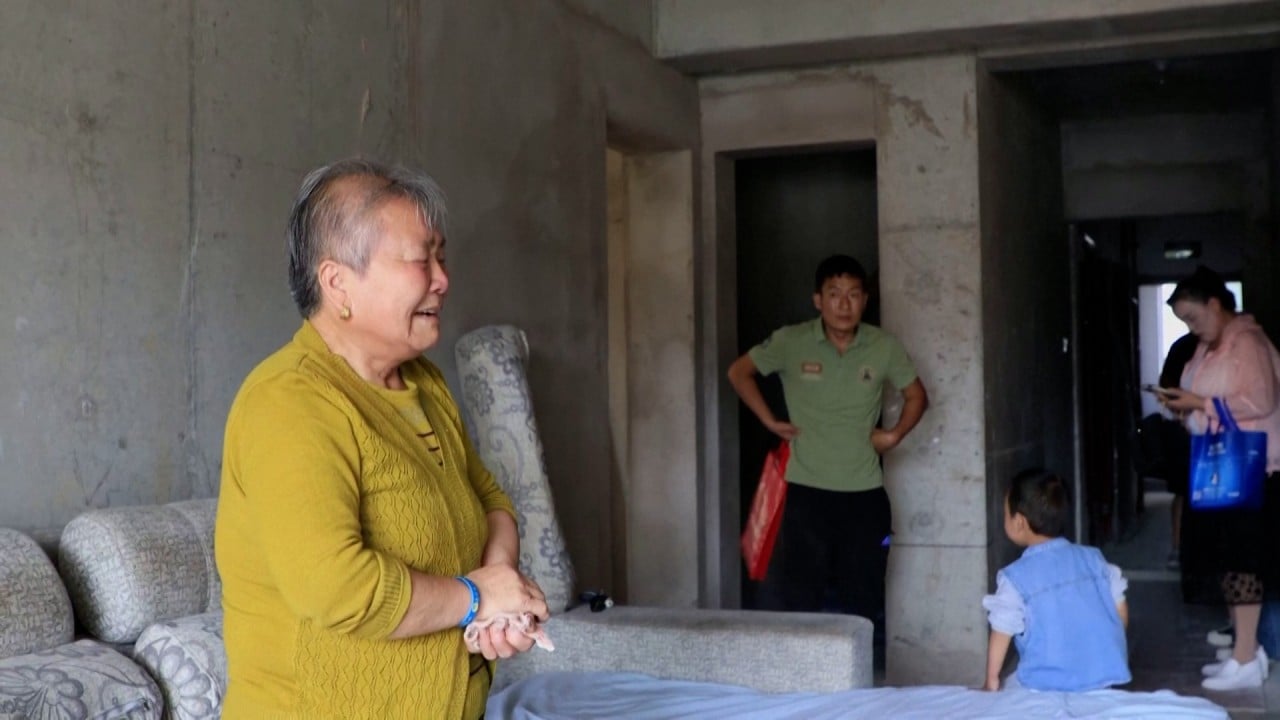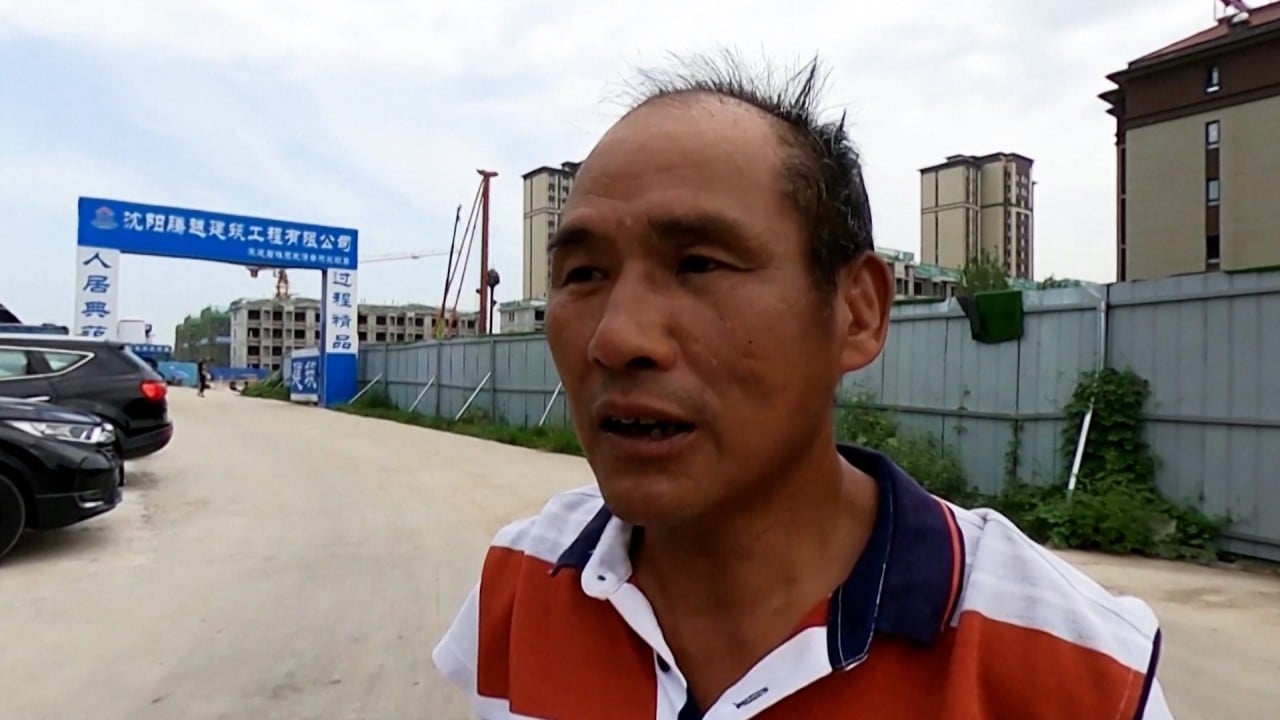To address this problem, municipalities, especially in China’s lower tier cities, have been rolling out support measures to boost new home purchases. Under a new initiative called “old-for-new”, local authorities are helping prospective homebuyers sell their old homes, while offering them partial subsidies to buy new homes, provided that the old homes are sold within a designated period of time, usually no more than 90 days.
“The new scheme will enhance the efficiency with which homeowners exchange and upgrade their homes, thereby boosting liquidity in both the new and existing homes markets,” said Chen Wenjing, director of market research at the China Index Academy, a real estate research firm.
Government subsidies will also ease the cost burden on homebuyers, while creating the certainty of sale for developers, she said, adding that it is possible that more cities across China will implement the measure in the future, especially first and second-tier cities where there is a population influx and greater demand for housing.
Chinese property developer Powerlong signs debt restructuring deal
Chinese property developer Powerlong signs debt restructuring deal
While the scheme has been gaining traction over the past few months, notably in larger cities such as Nanjing and Wuhan, it has also sparked scepticism among prospective buyers and netizens.
“I’m a bit hesitant to sell my current home because the market price has fallen a lot lately,” said Yang, who owns property in Suzhou, a major city in China’s eastern Jiangsu province, which unveiled its exchange scheme in November.
“It’s not the brokerage firms that are cutting prices,” he said. “It’s just what the market is like at the moment. If you want to get eyeballs and sell your property fast, you’ll have to take big cuts on prices.”
There are additional caveats. Suzhou’s exchange programme, like many others across the country, only covers selected new properties, which means buyers’ options are limited. Moreover, many of these new properties are still under construction with unspecified delivery dates.
“If we have to sell our old homes at a big discount, then chances are we can hire our own brokers and do the whole thing ourselves anyway,” a user said in a post on Xiaohongshu, a popular Chinese social-media app. “If that’s the case, then why do we have to limit our buying options to the 57 properties designated by the [Suzhou] government?”
A new exchange programme launched in November by Taicang, a port city bordering Shanghai, offers a partial solution to this problem.
China South City averts default on July 2024 bond, fails to restructure 4 bonds
China South City averts default on July 2024 bond, fails to restructure 4 bonds
While this method seems to be faster as it bypasses brokerage firms, the 60 per cent limit is still putting downward pressure on selling prices. Meanwhile, having LGFVs acquire property could pose potential risks to local governments.
“Transitioning to property development may not intrinsically mean that the debt risks for LGFVs or their respective local governments will increase,” said Christopher Yip, managing director of infrastructure ratings at S&P Global Ratings. “However, it would be more concerning if the LGFVs increase land buying significantly, or replace the roles of distressed developers in a way that would impact their financial burden during a property market slump.”
An improvement in new home sales, at the end of the day, hinges on homebuyers’ confidence in employment and income prospects, as well as judgment of home price trends, said Karl Shen, director of China corporate research at Fitch Ratings.
“Both new and secondary home prices have not stabilised yet, so we believe such ‘old-for-new’ practices will only marginally improve new home sales but not fundamentally.”
Bagikan Berita Ini
















0 Response to "Why China’s local governments are encouraging upgrades by homeowners - South China Morning Post"
Post a Comment